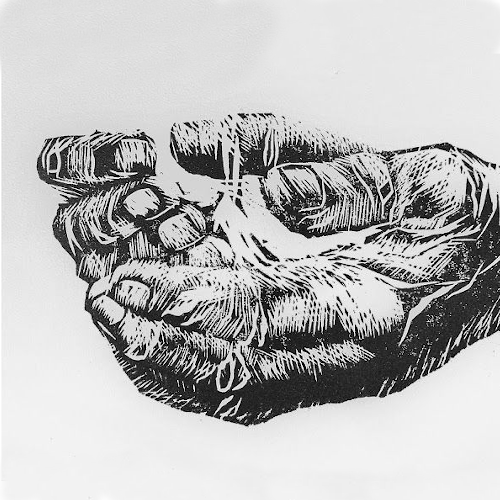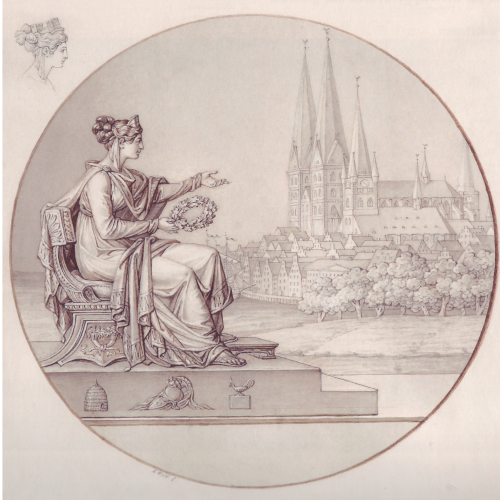Purchasing patterns or buying patterns define the way in which consumers purchase or acquire a product or service in relation to the frequency, quantity, place of purchase, choice…
 Gizapedia
GizapediaPolitical sociology or sociopolitics is the area of interdisciplinary knowledge that, from sociology and politics, has as its object of study and analysis the relationships and dependencies between society and social phenomena and behaviors and politics. It is a heterogeneous field of study that covers topics such as electoral behavior, political parties and social movements of a political nature, the influence of politics on the development of societies, in relation to inequality, formation of social classes, political repression and social and in general exercise of political power in society, public policies, democratic processes and citizen participation. This heterogeneity of themes continues in the multiplicity of perspectives from which sociopolitical analyzes are approached, among which Marxism should be highlighted, as a theoretical building that analyzes society from materialism, and more specifically based on the economy, but who considers politics an instrument for the development of economic relations that shape society, and the work of Max Weber, who considers politics as an exercise of power developed through different types of social authority (charismatic, traditional, bureaucratic). In the societies of the 21st century, sociopolitical phenomena and the interest around them have amplified mainly due to the development of democracies, so that opinion, participation and social dialogue on political issues is much more open than in authoritarian regimes. and to the media and the internet, which promote this interest through social platforms for discussion and debate.

Erabili ezazu galdetegi hau artikulu eskaera bat bidaltzeko. Lehenbailehen osatzen saiatuko gara.

Gure azken edukien berri jaso nahi baduzu zure email helbidean, egin zaitez harpidedun hurrengo galdetegi hontan.